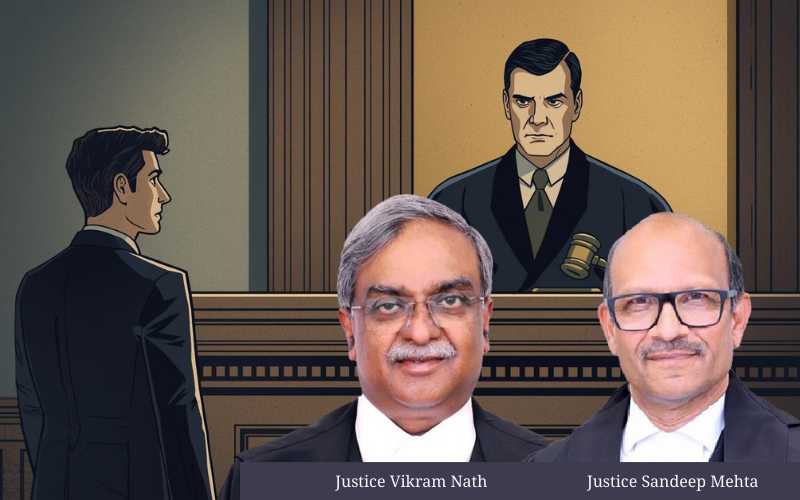Supreme Court Sets Precedent by Expunging Unwarranted Remarks Against Advocate
In a significant decision that underscores the protection of professional integrity within the legal community, the Supreme Court of India has expunged adverse remarks made by the Madhya Pradesh High Court against an advocate, Siddharth Gupta. This landmark ruling in the case of Siddharth v. State of Madhya Pradesh emphasizes the importance of fair conduct assessments and the role of higher judiciary in safeguarding the reputations of legal professionals.
Background of the Case
The controversy originated from a decision by the Madhya Pradesh High Court, where Advocate Siddharth Gupta was representing petitioners in Writ Petition No. 6228 of 2022. The High Court, in its final order dated April 6, 2022, made critical observations against Gupta, accusing him of professional impropriety for allegedly failing to disclose crucial details regarding a Supreme Court decision. The High Court noted that Gupta did not inform the court that the constitutional validity of an amended rule, upheld in a prior decision, was not challenged further, which they felt misrepresented the case's status.
Appeal to the Supreme Court
Siddharth Gupta, seeking to clear his name, approached the Supreme Court to expunge these remarks. Represented by senior counsel Shri. Siddharth Bhatnagar, Gupta tendered an unconditional apology, asserting that any omission was unintentional and bona fide. The crux of the appeal was that Gupta was not involved in the related case (Writ Petition No. 18699 of 2020), suggesting that the oversight was not due to any intent to mislead the court.
Supreme Court’s Ruling
The Supreme Court, comprising Justices Vikram Nath and Sandeep Mehta, concluded that the adverse remarks against Gupta were unwarranted under the circumstances. They observed that the omission might have genuinely escaped Gupta's notice, particularly since he was not involved in the connected case. The Court ruled that such remarks could have been avoided and ordered their expunction, emphasizing the necessity for courts to exercise restraint before making disparaging comments against advocates.
Impact and Significance
This judgment is pivotal in reinforcing the judiciary's responsibility to protect the professional dignity of lawyers, ensuring that criticisms are based on solid grounds and not mere oversight. It highlights the importance of safeguarding the integrity of legal practitioners, recognizing that reputational harm can have far-reaching consequences on their careers.
The ruling not only quashes the High Court's dismissal of Gupta's application to modify the adverse remarks but also sets a precedent for future cases where professional conduct is questioned. It serves as a reminder that higher courts must judiciously review such instances, balancing the need for accountability with the protection of professional reputations.
Conclusion
The Supreme Court's decision in Siddharth v. State of Madhya Pradesh marks a significant step in preserving the decorum and respect within the legal community. It underscores the judiciary's role in ensuring fair treatment of advocates, thereby fostering a just legal environment. This judgment will likely influence how courts approach adverse remarks in future cases, promoting more cautious and balanced assessments of professional conduct.
Siddharth v. State of Madhya Pradesh, (SC) : Law Finder Doc id # 2776015




